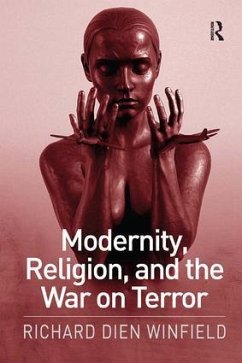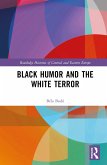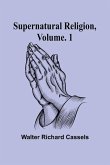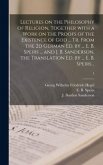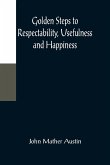The war on terror cannot be truly understood without investigating the legitimacy of modernity, the challenge that religion presents to modernization, the inescapable conflicts attending the emergence and expansion of modernity, and the post-colonial predicament from which Islamist reaction arises. Richard Dien Winfield illuminates the war on terror in light of these issues, presenting an anti-foundationalist justification of the rationality and freedom of modernity, while assessing how religion can stand in opposition to modernity and why Islam has been a privileged vehicle of anti-modern religious revolt. Winfield shows that the privatization that religion must undergo to be compatible with modern freedom involves no capitulation to relativism, but rather is a theological imperative on which the truth of religion depends. Exposing the limits of any purely secular modernization of Islam, Winfield shows how Islam can draw upon its core tradition to repudiate the oppression of Islamist reaction and become at home in the modern world.
Hinweis: Dieser Artikel kann nur an eine deutsche Lieferadresse ausgeliefert werden.
Hinweis: Dieser Artikel kann nur an eine deutsche Lieferadresse ausgeliefert werden.

